Overview
Paras Institute of Critical Care stands as a beacon of unwavering support, offering round-the-clock assistance to all hospital departments in the intricate diagnosis and management of complex and life-threatening conditions. At the heart of our institute lies a diverse medical team, each member an expert in the nuanced medical management of cases demanding extensive support. From cases involving organ dysfunction or failure to those necessitating intricate airway management and addressing lethal arrhythmias, our team is equipped to handle them all with utmost precision and care.
Sub Specialities
Treatment & Ailments
Advanced Imaging and Diagnostics
Drug Overdose Management
Hemodynamic Monitoring
Infectious Disease Control
Neurological Monitoring
Nutritional Support
Pain Management
Rehabilitation Planning
Renal Replacement Therapy
Sepsis Management
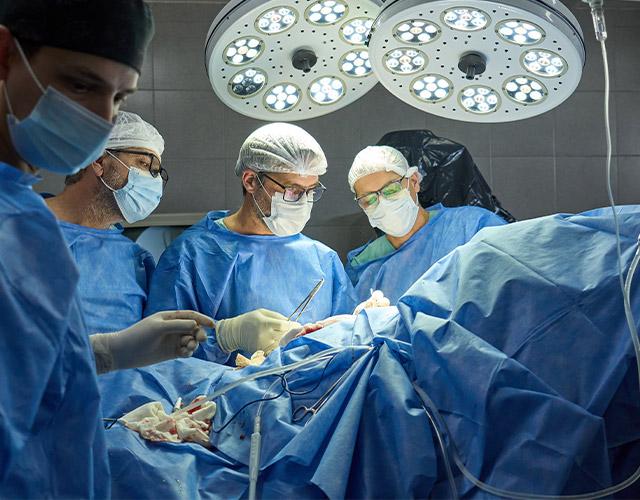
Advanced imaging and diagnostics involve the use of high-tech imaging modalities like MRI, CT scans, and ultrasound to accurately diagnose and monitor critical conditions.
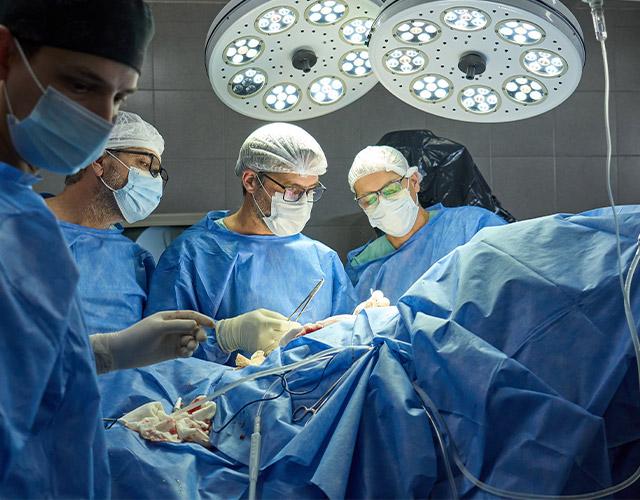
Drug overdose management includes the timely administration of antidotes, supportive care, and monitoring to treat and stabilize patients who have overdosed on medications or substances.
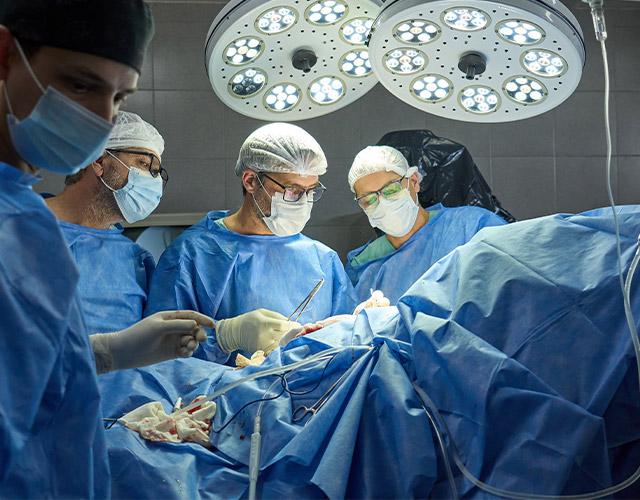
Hemodynamic monitoring involves continuous assessment of cardiovascular health to track blood flow, blood pressure, and heart function, ensuring prompt intervention for critically ill patients.
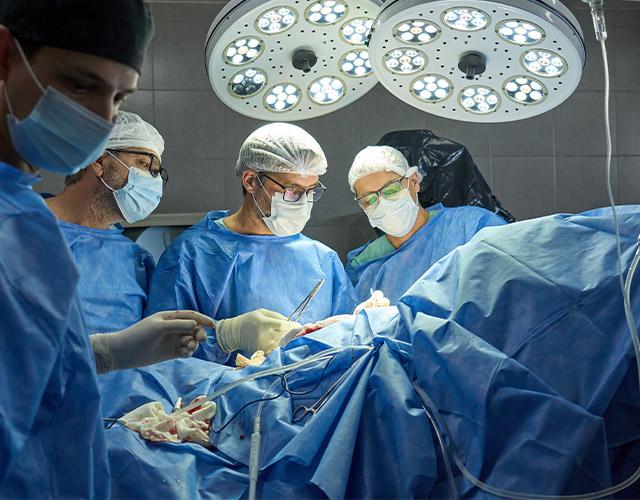
Infectious disease control encompasses the prevention, diagnosis, and treatment of infections, including isolation protocols and antibiotic stewardship to manage and contain infections in critical care settings.
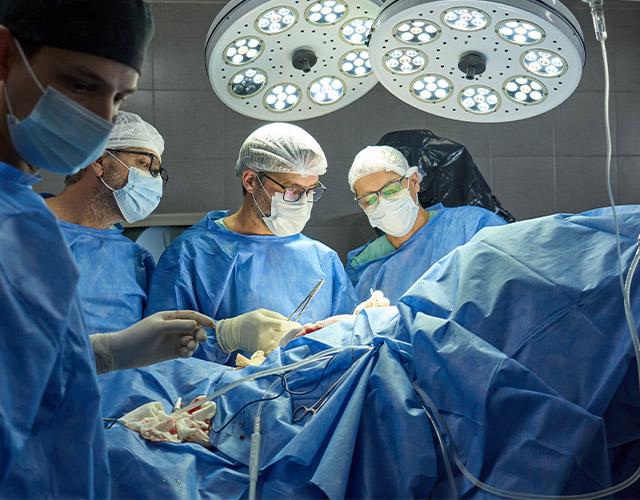
Neurological monitoring uses techniques like EEG and ICP monitoring to assess brain activity and intracranial pressure, crucial for managing patients with severe neurological conditions.
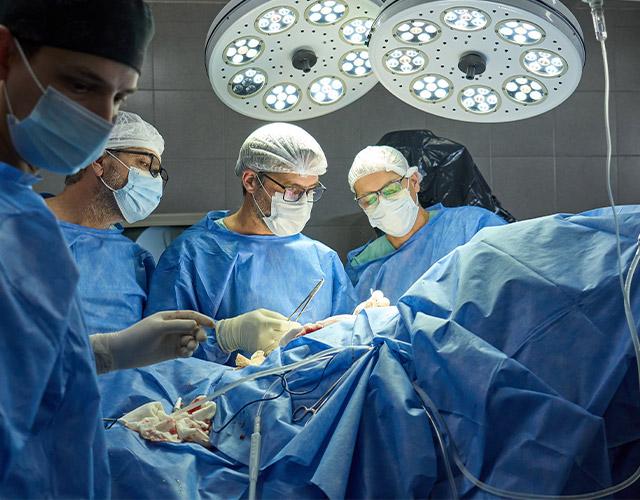
Nutritional support in critical care ensures patients receive essential nutrients through specialized diets, enteral, or parenteral nutrition, aiding in recovery and maintaining body functions.
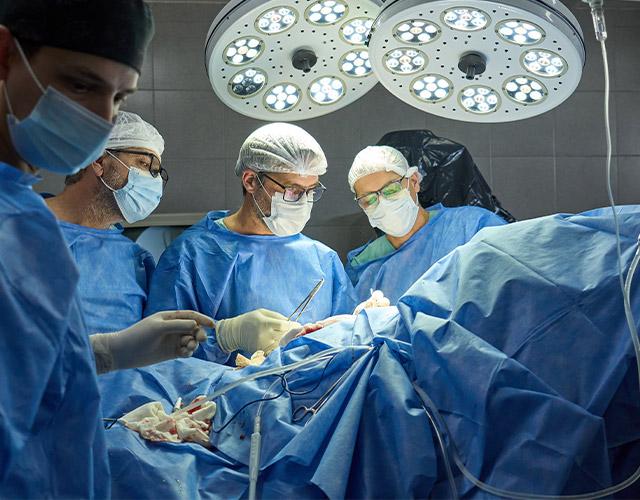
Pain management in critical care involves the assessment and treatment of pain using medications, nerve blocks, and other therapies to ensure patient comfort and facilitate recovery.
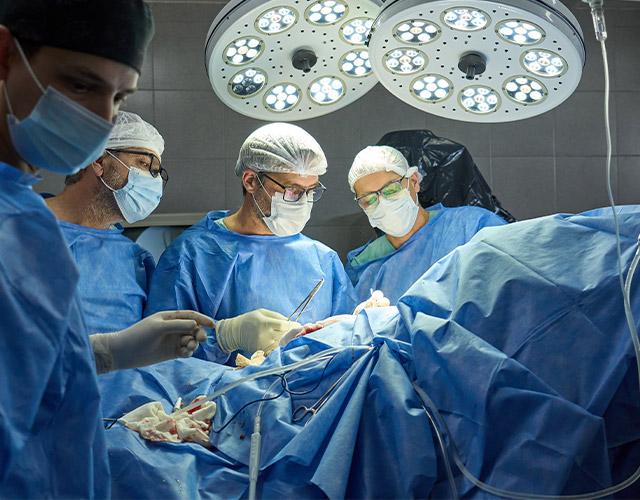
Rehabilitation planning prepares patients for recovery post-critical care, including physical, occupational, and speech therapy to restore function and improve quality of life.
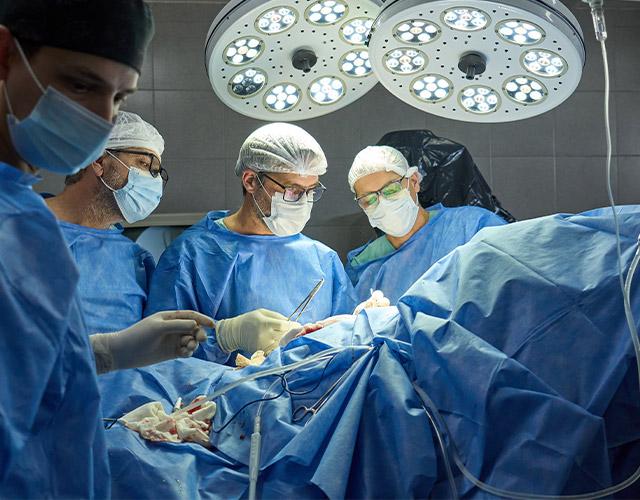
Renal replacement therapy, such as dialysis, supports patients with acute or chronic kidney failure by filtering waste and excess fluids from the blood.
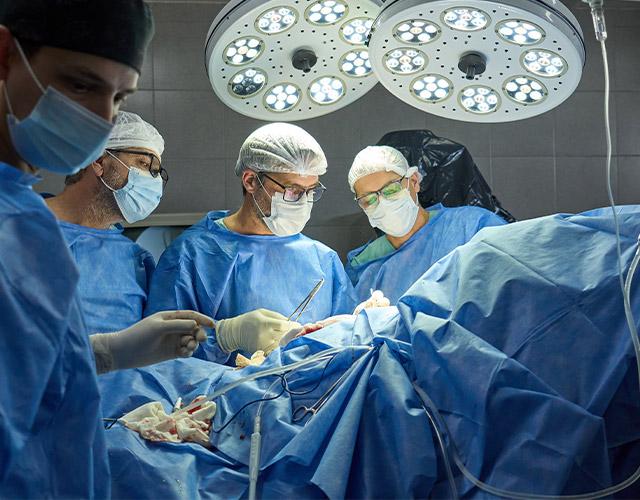
Sepsis management includes rapid diagnosis and treatment of sepsis using antibiotics, fluids, and supportive therapies to combat this life-threatening response to infection.
Sepsis
Acute Respiratory Distress Syndrome (ARDS)
Traumatic Brain Injury (TBI)
Acute Myocardial Infarction (Heart Attack)
Stroke
Acute Kidney Injury (AKI)
Septic Shock
Hemorrhagic Shock
Acute Pancreatitis
Multiple Organ Dysfunction Syndrome (MODS)
Sepsis

Sepsis is a life-threatening condition caused by the body's response to an infection. It can lead to organ dysfunction and failure if not treated promptly. Symptoms include fever, rapid heart rate, and difficulty breathing.
Acute Respiratory Distress Syndrome (ARDS)

ARDS is a severe lung condition characterized by rapid onset of widespread inflammation in the lungs. It leads to difficulty breathing, low oxygen levels in the blood, and can be caused by various factors such as pneumonia, sepsis, or trauma.
Traumatic Brain Injury (TBI)

TBI results from a sudden blow or jolt to the head, causing damage to the brain. It can range from mild concussions to severe brain damage, leading to neurological impairments and potentially life-threatening complications like intracranial bleeding.
Acute Myocardial Infarction (Heart Attack)

A heart attack occurs when blood flow to a part of the heart is blocked, leading to damage or death of heart muscle tissue. It presents with symptoms such as chest pain, shortness of breath, and nausea, requiring urgent medical intervention to prevent further complications.
Stroke

Stroke occurs when blood flow to the brain is disrupted, leading to brain cell damage. It can be ischemic (due to blocked blood vessels) or hemorrhagic (due to bleeding in the brain). Symptoms include sudden weakness, numbness, or paralysis on one side of the body, speech difficulties, and vision problems.
Acute Kidney Injury (AKI)

AKI is a sudden loss of kidney function, resulting in the accumulation of waste products and fluids in the body. It can be caused by various factors such as dehydration, infections, or medications. Treatment aims to restore kidney function and prevent complications like electrolyte imbalances and fluid overload.
Septic Shock

Septic shock is a severe complication of sepsis characterized by profound circulatory, cellular, and metabolic abnormalities. It leads to dangerously low blood pressure, organ dysfunction, and tissue damage. Prompt administration of antibiotics and supportive care is essential for survival.
Hemorrhagic Shock

Hemorrhagic shock occurs when severe bleeding leads to a rapid loss of blood volume and insufficient oxygen delivery to tissues. It can result from trauma, surgery, or gastrointestinal bleeding. Immediate control of bleeding and fluid resuscitation are crucial for stabilizing the patient.
Acute Pancreatitis

Acute pancreatitis is inflammation of the pancreas, causing severe abdominal pain, nausea, vomiting, and fever. It can be triggered by gallstones, alcohol consumption, or certain medications. Treatment involves pain management, intravenous fluids, and addressing the underlying cause.
Multiple Organ Dysfunction Syndrome (MODS)

MODS is a severe, life-threatening condition characterized by dysfunction of two or more organ systems. It typically occurs as a complication of critical illnesses such as sepsis, trauma, or major surgery. Management focuses on supportive care, addressing the underlying cause, and preventing further organ damage.













.jpg)


